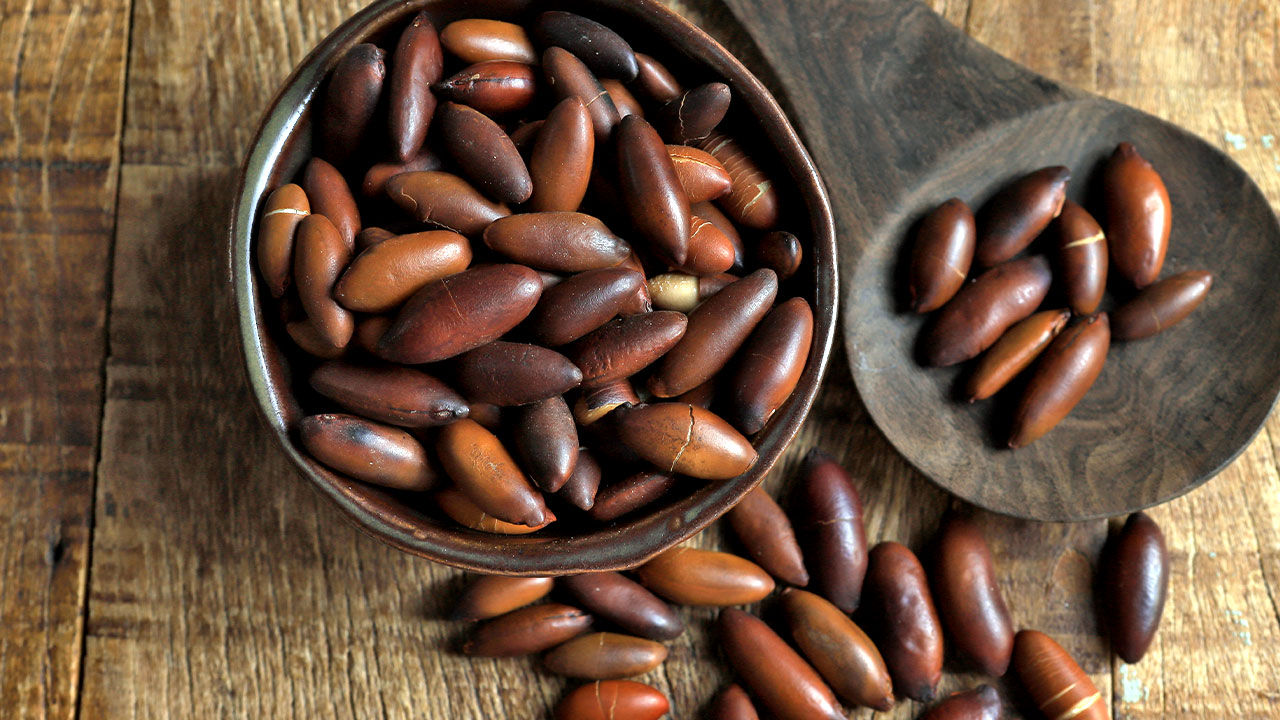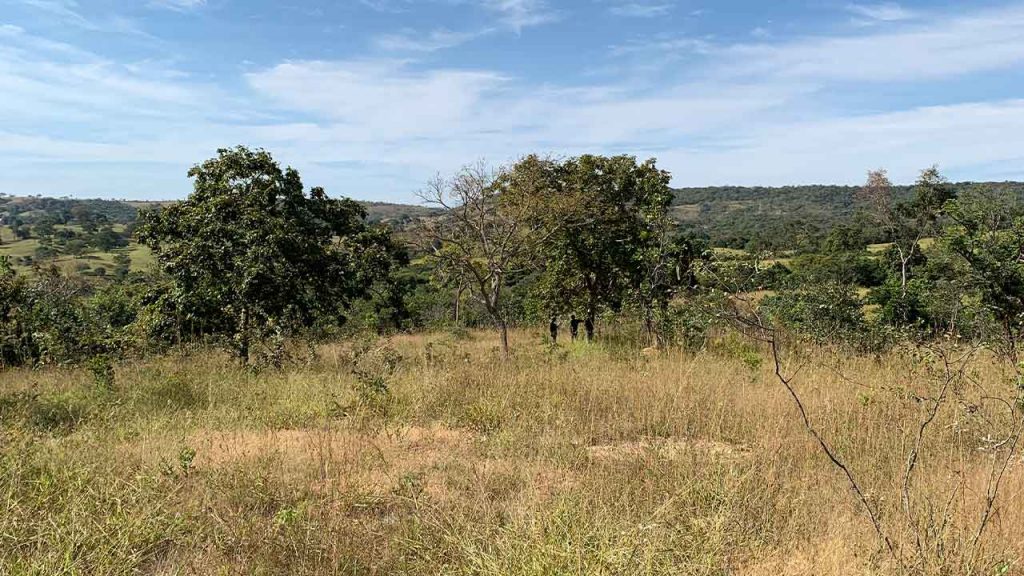Bio2me enters into a partnership to create a baru nut extraction machine
The result of a partnership with innovation bodies and entrepreneurship, a specific solution for baru will bring efficiency, scale, and quality to the final product while also improving worker safety.

Improving the conditions for the production of baru is an essential part of Bio2me’s business proposal, which is based on structuring a production chain for the sustainable management of bioactive products and on the conservation and profitability of native forest areas in the Cerrado biome.
Today, the baru nut is extracted using almost artisanal methods, with mechanical or electrical equipment adapted for cracking the fruit and extracting the nut—one by one. It is also not uncommon to see people in the communities cracking the nuts with hammers, sickles, vises, or presses.
This process not only poses risks of accidents, but is also a barrier to gaining scale in production and serving a fast-growing market.
Transforming this process will be the challenge to be overcome through Bio2me’s partnership with EMBRAPII, SEBRAE, and the Innovation Hub of the Federal Institute of Paraíba (IFPB). IFPB technical team will develop an automated, fast, and safe baru extraction machine.
The fruit falls from the baru tree when ripe and this is the signal for smallholder farmers and workers to collect it by hand in the forest. Once at the processing plant, the nut, which has high value added, is rich in nutrients, and is a trend among Superfoods, has to be separated from the pulp, a by-product that can be used in flours for making pasta and cakes or animal feed.
It is at this stage of the process that automated equipment can streamline production and provide greater safety and quality to the end product.
With the development of equipment for extracting baru nuts, it will also be possible to classify the fruit according to specific characteristics, such as differences in shape, nut size and density, among other aspects.

“We requested samples of baru from Bio2me and we’re going to identify and classify all the requirements to create a prototype and run tests. The device will need to break down the fruit, separate the nut without damaging it, within safety standards,” explains Salomão Medeiros, who is coordinating a technical team of software, mechanical, electrical, and automation engineers to develop the new technology.
The first prototype under development, which will be used for testing, is expected to process up to 25kg of baru per hour—a volume that today can only be obtained with the work of three people. And this performance should evolve even further once the equipment is fully operational—it is estimated that it will be capable of processing 250kg/hour. It should be completed in ten months.
In addition to gains in scale, optimizing production will make it possible to rearrange the workforce at Bio2me’s current plant, which currently has 10 operators who can be reassigned to new roles at the unit.
The device will also help make better use of the fruit and its by-products and reduce costs and waste due to the lack of standardization in the extraction process.
“Issues such as efficiency and scale are at the heart of the development of manufacturing systems,” says Salomão, who is also the coordinator of the IFPB Innovation Hub.
The Hub was created in 2018 to meet the demands of production chains, mainly in R&D, innovation projects, and technological extension in various areas of industry. It is accredited by Embrapii, one of the main bodies responsible for innovation in the Brazilian agro-industry.
“Our vision of structuring a production chain—from seed to table—imposes on us the need to be attentive at all stages and find the best partnerships and solutions. This is essential for us to develop the Cerrado bioactive market, balancing sustainable management, conservation of the biome, and economic viability,” explains Marcio Campos, CFO of Bio2me, responsible for the contract with IFPB.
A large part of the financial investment for its creation comes from resources to foster innovation for startups of the project’s partner organizations—Embrapii, SEBRAE, and IFPB—and 15% is funded by Bio2me.

